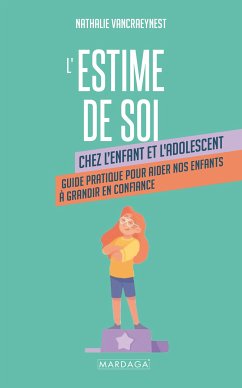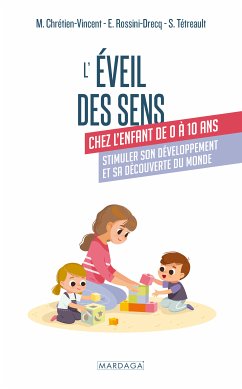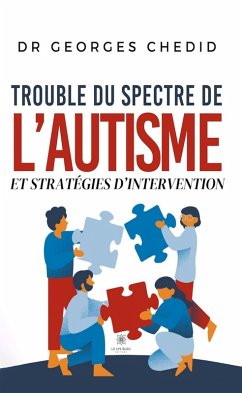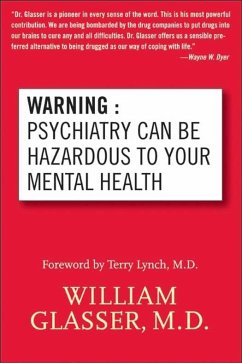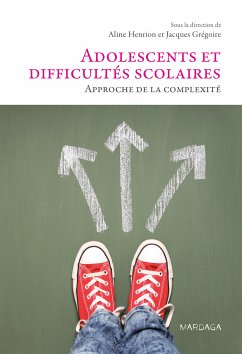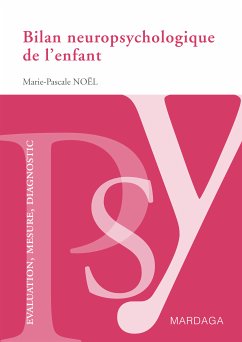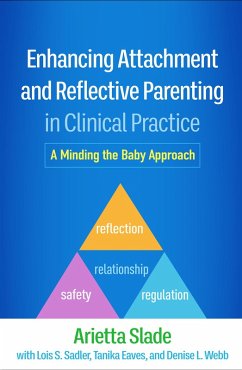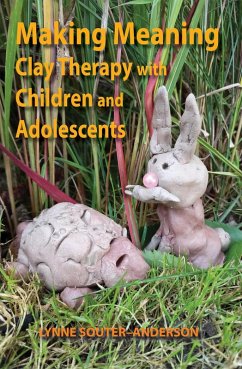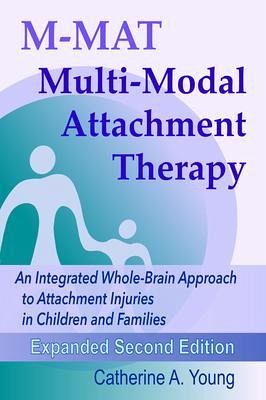
M-MAT Multi-Modal Attachment Therapy (eBook, ePUB)
An Integrated Whole-Brain Approach to Attachment Injuries in Children and Families

PAYBACK Punkte
4 °P sammeln!
EXPANDED SECOND EDITION ~ New Interventions ~ More Examples ~ Expanded Descriptions ~If you work with children and families, this may be the book you have been waiting for!This book provides a new, easy-to-follow roadmap for understanding and working with children with some of the most challenging and treatment-resistant behaviors and their families. Some of the most challenging children to help are those who have been injured early in life in their first relationships through disrupted or injured attachment. These children can be both hurting and hurtful to others, and are often anxious and d...
EXPANDED SECOND EDITION ~ New Interventions ~ More Examples ~ Expanded Descriptions ~
If you work with children and families, this may be the book you have been waiting for!
This book provides a new, easy-to-follow roadmap for understanding and working with children with some of the most challenging and treatment-resistant behaviors and their families.
Some of the most challenging children to help are those who have been injured early in life in their first relationships through disrupted or injured attachment. These children can be both hurting and hurtful to others, and are often anxious and depressed, yet push away the very things they most need for healing: love and connection. Traditional child therapies are largely ineffective and professionals and parents may be at a loss as to how to help.
Perhaps there is a better way to reach attachment-injured children. Perhaps our therapy models have simply not been a good match for their needs...
Multi-Modal Attachment Therapy (M-MAT) brings a fresh, innovative approach to working with children and families struggling with attachment injuries. In a whole-brain strategy, M-MAT blends a number of modalities to target precisely those areas most impacted by the attachment injury: attachment and connection, self-concept, worldview, and skills deficits. The result is a powerful, cohesive, and comprehensive attachment-based therapy.
In clear, concise language, Young lays forth for the reader an easy to follow roadmap for understanding and implementing M-MAT with children and their caregivers. She additionally outlines how to work with those children who are most at risk: children who do not have a permanent, committed caregiver.
M-MAT Multi-Modal Attachment Therapy provides a brief overview of attachment theory and discussion of children with attachment injuries, but focuses primarily on the how-to of implementing this therapy model to provide healing to children and families. Many interventions and examples are included throughout the book. It is intended as a practical manual for therapists and social workers, but also holds some use for parents and other professionals in understanding attachment and approaches to working with children with attachment injuries. M-MAT is designed for children with mild to severe attachment injuries including those with developmental trauma and/or diagnosed with reactive attachment disorder (rad). Adopted and foster children may benefit greatly from this model, as placements are often lost due to untreated or under-treated attachment injuries
"M-MAT is a two-pronged approach with both a play and a talk component. The play component utilizes largely non-verbal forms of communication, connection and nurturing, such as mirroring, rhythm, touch and eye contact. The talk component engages the power of language and the child's thoughts by addressing cognitive distortions, responsibility, and self-concept through re-storying, skill building, and psychoeducation, creating a new narrative in which the child can organize and make sense of his/her experiences in a healthy, adaptive way.
The two components together reinforce each other, allow for deeper integration and healing, and are far more powerful than either alone. Together they access many parts of the brain and harness the incredible healing power inherent in both left and right brain modalities. This is a whole-brain approach that utilizes both bottom-up and top-down interventions."
"The main tools for engagement and buy-in for the child are playful engagement, fun, deep empathy, reflection, and truth."
Excerpts from M-MAT Multi-Modal Attachment Therapy: Healing Attachment Injuries in Children and Families
If you work with children and families, this may be the book you have been waiting for!
This book provides a new, easy-to-follow roadmap for understanding and working with children with some of the most challenging and treatment-resistant behaviors and their families.
Some of the most challenging children to help are those who have been injured early in life in their first relationships through disrupted or injured attachment. These children can be both hurting and hurtful to others, and are often anxious and depressed, yet push away the very things they most need for healing: love and connection. Traditional child therapies are largely ineffective and professionals and parents may be at a loss as to how to help.
Perhaps there is a better way to reach attachment-injured children. Perhaps our therapy models have simply not been a good match for their needs...
Multi-Modal Attachment Therapy (M-MAT) brings a fresh, innovative approach to working with children and families struggling with attachment injuries. In a whole-brain strategy, M-MAT blends a number of modalities to target precisely those areas most impacted by the attachment injury: attachment and connection, self-concept, worldview, and skills deficits. The result is a powerful, cohesive, and comprehensive attachment-based therapy.
In clear, concise language, Young lays forth for the reader an easy to follow roadmap for understanding and implementing M-MAT with children and their caregivers. She additionally outlines how to work with those children who are most at risk: children who do not have a permanent, committed caregiver.
M-MAT Multi-Modal Attachment Therapy provides a brief overview of attachment theory and discussion of children with attachment injuries, but focuses primarily on the how-to of implementing this therapy model to provide healing to children and families. Many interventions and examples are included throughout the book. It is intended as a practical manual for therapists and social workers, but also holds some use for parents and other professionals in understanding attachment and approaches to working with children with attachment injuries. M-MAT is designed for children with mild to severe attachment injuries including those with developmental trauma and/or diagnosed with reactive attachment disorder (rad). Adopted and foster children may benefit greatly from this model, as placements are often lost due to untreated or under-treated attachment injuries
"M-MAT is a two-pronged approach with both a play and a talk component. The play component utilizes largely non-verbal forms of communication, connection and nurturing, such as mirroring, rhythm, touch and eye contact. The talk component engages the power of language and the child's thoughts by addressing cognitive distortions, responsibility, and self-concept through re-storying, skill building, and psychoeducation, creating a new narrative in which the child can organize and make sense of his/her experiences in a healthy, adaptive way.
The two components together reinforce each other, allow for deeper integration and healing, and are far more powerful than either alone. Together they access many parts of the brain and harness the incredible healing power inherent in both left and right brain modalities. This is a whole-brain approach that utilizes both bottom-up and top-down interventions."
"The main tools for engagement and buy-in for the child are playful engagement, fun, deep empathy, reflection, and truth."
Excerpts from M-MAT Multi-Modal Attachment Therapy: Healing Attachment Injuries in Children and Families
Dieser Download kann aus rechtlichen Gründen nur mit Rechnungsadresse in A, D ausgeliefert werden.





